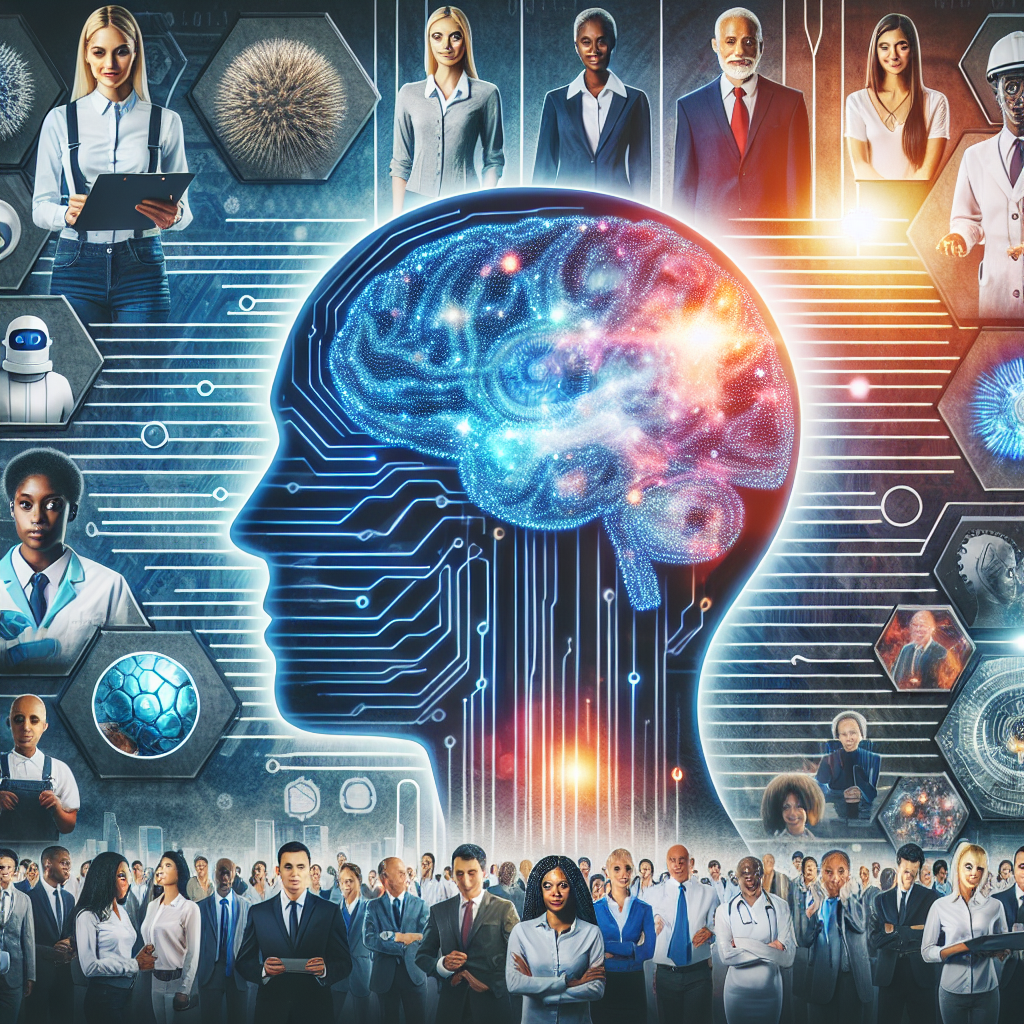As technology continues to advance at an exponential rate, the development of Artificial General Intelligence (AGI) is becoming increasingly more plausible. AGI refers to a form of artificial intelligence that possesses the ability to understand and learn any intellectual task that a human being can. While current AI systems are designed for specific tasks, AGI has the potential to revolutionize the way we work and interact with machines.
The concept of AGI has sparked a range of debates and discussions about its potential impact on the future of work. Some argue that AGI will lead to unprecedented levels of automation, resulting in mass unemployment and widespread economic disruption. Others believe that AGI will create new opportunities and enhance human capabilities, leading to a more productive and efficient workforce.
In this article, we will explore the implications of AGI on the job market and how it will transform the way we work. We will also address common questions and concerns surrounding the integration of AGI into various industries.
The Rise of Artificial General Intelligence
The development of AGI has been a long-standing goal in the field of artificial intelligence. While current AI systems are capable of performing specific tasks with remarkable precision, they lack the ability to learn and adapt to new challenges in the way that humans can. AGI aims to bridge this gap by creating machines that possess the cognitive abilities of a human being.
Researchers and scientists have made significant progress in developing AGI through advancements in machine learning, neural networks, and deep learning algorithms. These technologies enable machines to process vast amounts of data, recognize patterns, and make predictions with a high degree of accuracy. As a result, AGI has the potential to revolutionize a wide range of industries, from healthcare and finance to transportation and manufacturing.
The Impact of AGI on the Job Market
The integration of AGI into the workforce is expected to have a profound impact on the job market. While automation has already transformed many industries, AGI has the potential to automate a wider range of tasks and processes, leading to significant changes in the way we work.
One of the main concerns surrounding AGI is the potential for widespread job displacement. As machines become more capable of performing complex cognitive tasks, many traditional jobs may become obsolete. For example, AGI could automate tasks such as data analysis, decision-making, and customer service, leading to a decrease in the demand for human workers in these fields.
However, proponents of AGI argue that the technology will also create new opportunities and enhance human capabilities. By automating routine tasks, AGI can free up human workers to focus on more creative and strategic activities. Additionally, AGI can assist workers in making more informed decisions, improving productivity and efficiency in the workplace.
Overall, the impact of AGI on the job market will depend on how companies and policymakers navigate the transition to a more automated workforce. By investing in training and reskilling programs, businesses can prepare their employees for the future of work and ensure a smooth transition to a more AI-driven economy.
FAQs About AGI and the Future of Work
Q: Will AGI lead to mass unemployment?
A: While AGI has the potential to automate many tasks currently performed by humans, it is unlikely to lead to mass unemployment. Instead, AGI is expected to create new job opportunities and enhance human capabilities in the workplace.
Q: How can businesses prepare for the integration of AGI into their workforce?
A: Businesses can prepare for the integration of AGI by investing in training and reskilling programs for their employees. By equipping workers with the skills they need to work alongside AI systems, companies can ensure a smooth transition to a more automated workforce.
Q: What are the ethical implications of AGI in the workplace?
A: The development of AGI raises a range of ethical concerns, including issues related to privacy, bias, and job displacement. It is important for companies to address these concerns and implement ethical guidelines to ensure that AI systems are used responsibly and ethically.
Q: How will AGI impact the skills required in the workforce?
A: AGI is expected to change the skills required in the workforce, with an increased demand for workers who possess strong analytical, problem-solving, and communication skills. Additionally, workers will need to be adaptable and willing to learn new technologies to succeed in a more AI-driven economy.
In conclusion, the development of AGI has the potential to transform the job market and the way we work. While there are concerns about job displacement and ethical implications, AGI also presents new opportunities for businesses and workers alike. By preparing for the integration of AGI into the workforce and addressing common concerns, companies can harness the full potential of AI technology and create a more efficient and productive workplace.

